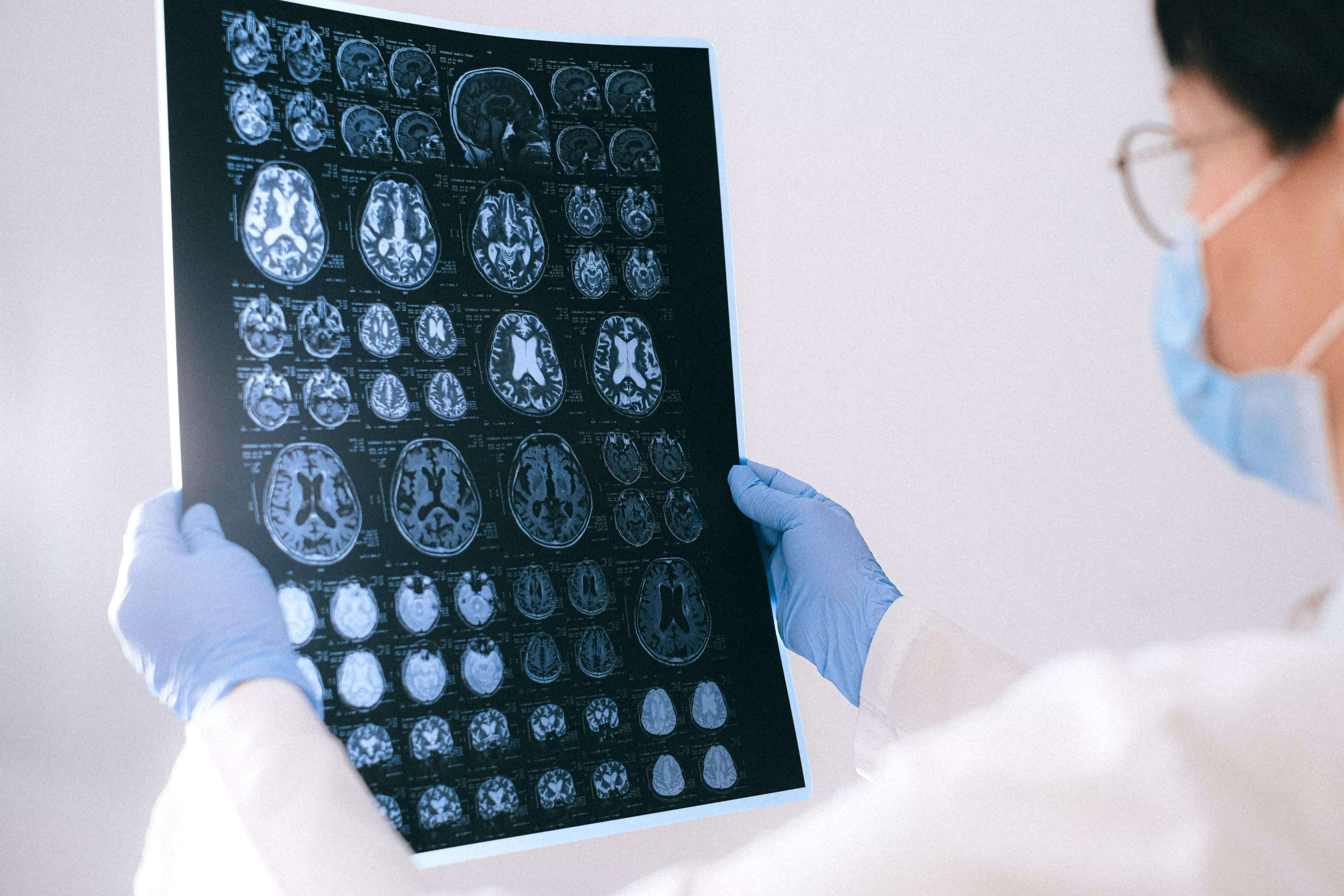- Industry
- 2 min read
Mild COVID infection can shrink brain by up to 2 per cent, reveals study
The review by a team of researchers from IFHE University, Hyderabad, found that COVID-19 patients with even minor symptoms lose anywhere from 0.2 to 2 per cent of their olfactory cortex (the portion of the brain that deals with smell). This was observed during scans.
The review by a team of researchers from IFHE University, Hyderabad, found that COVID-19 patients with even minor symptoms lose anywhere from 0.2 to 2 per cent of their olfactory cortex (the portion of the brain that deals with smell). This was observed during scans.
The patients also showed disrupted connections between different brain regions. This contrasts the normal process of ageing in which people lose 0.2 to 0.3 per cent of the grey matter (portion of the brain that controls movement, emotions and memory) every year. The study by Puranam Revanth Kumar, B Shilpa and Rajesh Kumar Jha was published in the peer-reviewed journal Neuroscience and Biobehavioural Reviews.
Stating that prolonged neurological clinical consequences related to brain changes occur in people with mild COVID-19 infection, the study said that when compared to a control group, people who tested positive had more brain and grey matter shrinkage, and tissue damage.
"The damage occurs predominantly in areas of the brain that are associated with odour, ambiguity, strokes, reduced attention, headaches, sensory abnormalities, depression, and mental abilities for a few months after the first infection," the study said, adding that patients after a severe clinical condition of COVID-19 show deepening of persistent neurological signs.
The study noted that after being infected with COVID-19, participants' brains were found to be smaller than they were before they were infected. A COVID-19 infection can cause sadness, anxiety and brain fog, which can lead to memory problems.
MR imaging of COVID-19 anosmia (loss of smell) patients identified abnormalities in the olfactory bulb, the study said, adding that several clinical indications of Covid-19 have been linked to brainstem dysfunction. Several autopsy studies also support this hypothesis, the researchers added.



COMMENTS
All Comments
By commenting, you agree to the Prohibited Content Policy
PostBy commenting, you agree to the Prohibited Content Policy
PostFind this Comment Offensive?
Choose your reason below and click on the submit button. This will alert our moderators to take actions